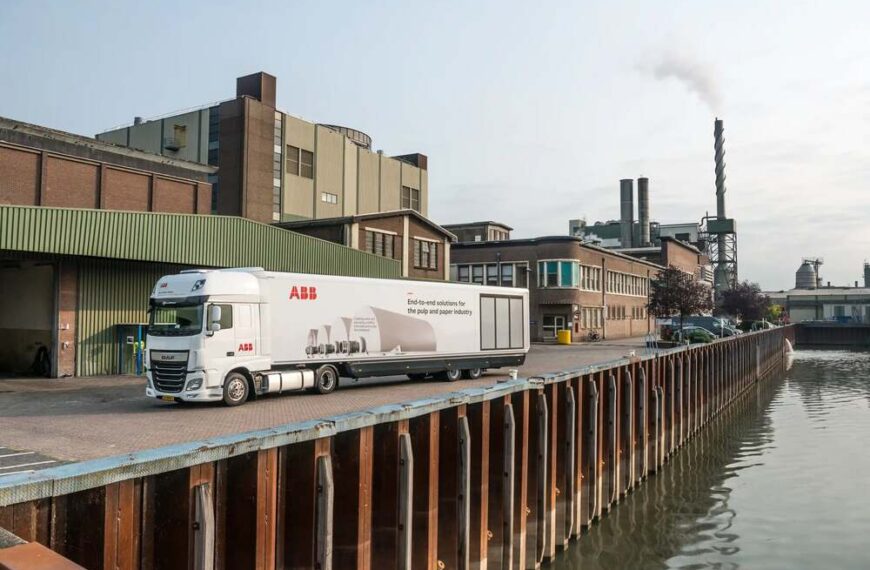Introduction
It’s crucial to ascertain whether there is sufficient local demand for your turf supplying company. Be aware that the turf supply sector is a highly competitive one, which becomes even more so when the economy is struggling and the housing market is weak. You will be up against national turf farms that are eager to take orders from all across the country as well as small, local businesses. Today, Sydney Lawn and Turf vendors promise next-day delivery and offer online transactions. The market for more general-purpose turf, which is also marketed by numerous non-specialists such as garden centers, builders’ supply stores, and DIY sheds, is highly competitive.
To see how many other turf vendors are already in operation, look into the local competitors. Keep in mind that some farmers and suppliers, in addition to farming turfgrass, also remove existing pastures to make way for turf.
Because you will be producing a highly specialized sort of turfs, such as for sports grounds and stadiums, you might only be directly competing against a small number of turf businesses. If this is the case, you must determine the level of demand in your niche market in addition to how many competitors you are going to face.
When examining the operational procedures of your competitors, bear the following in mind:
- The type of turfgrass grown, the turf’s quality, and whether the grower complies with Turfgrass Growers Association requirements for quality
- The variety of services provided, such as installation and ground preparation
- The expenditures incurred, including those for delivery
- The speed at which orders can be handled
Your prospective clients
Spend time contacting neighbourhood companies and organizations that might be interested in your services. For instance, neighbourhood builders frequently require turf for brand-new house developments and one-off projects. Turf may be necessary for developers of retail and industrial parks to include in their landscaping ideas. A turf supplier may be needed by your local authority for parks, playgrounds, and other amenity areas. Don’t forget to highlight the qualities of your turf to potential clients, such as how weed-free and durable it is, how well it retains its colour in the winter, or how it can grow in shaded areas.
Your industry
Your clients will probably include both the general public and nearby businesses and organizations (possibly including local authorities). When you first start out, domestic homeowners will undoubtedly make up the majority of your clientele. Additionally, you’ll want to develop a clientele of business clients, which may include:
- Stadiums, sports complexes, and playing fields
- Parks, both public and private, and flower gardens
- Municipal governments, government agencies, and recreation facilities (for amenity and public areas)
- Rural estates
- Amusement, theme, and RV parks
- Business, retail, industrial, and cemetery grounds
- National Trust locations for golf courses and clubs
- Building contractors
- Designers of gardens and the landscape
- You’ll supply garden centres, builders’ supply stores, and DIY stores on a wholesale basis.
Special savings and deals
You might want to automatically give your trade customers a discount. Your pricing strategy and the level of the local competition will determine how much of a discount you offer. If customers purchase grass in large numbers, you might offer further discounts or free delivery.
Conclusion
You might offer some of these services internally while outsourcing others to another business. For lengthier deliveries, for instance, you could discover that hiring a specialized haulage company is more cost-effective than keeping your own fleet of trucks (and drivers).














